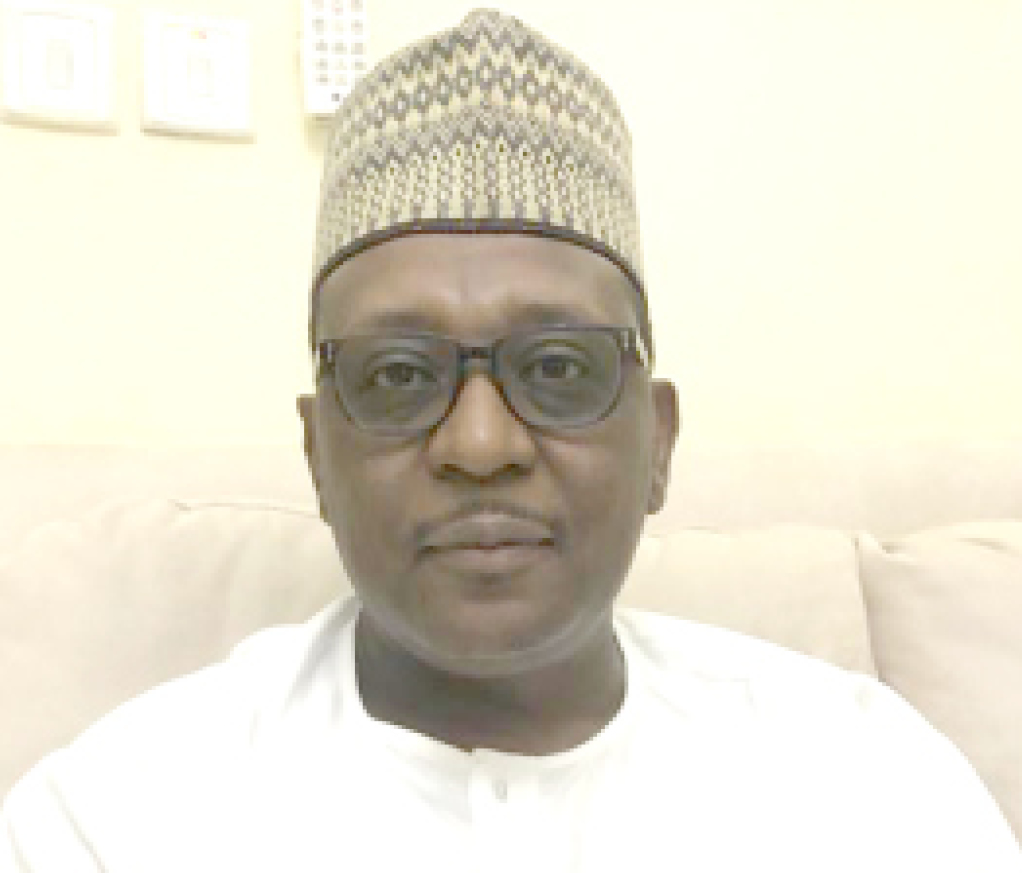Health Minister urges Hospitals to prioritize Life-Saving over Police reports

In a resounding call to action, Prof. Muhammad Ali Pate, the Coordinating Minister of Health and Social Welfare, urged hospitals across the nation to prioritize saving lives above all else. The directive from the federal government comes in response to persistent criticism of hospitals insisting on police reports from accident and gunshot victims before providing critical treatment, resulting in avoidable loss of lives.
The Chronic Issue of Police Reports Delaying Life-Saving Measures
For years, hospitals have faced mounting criticism for their insistence on police reports from accident and gunshot victims before offering crucial medical care. This practice has tragically led to the loss of lives and, in many instances, public outcry.
A Plea for a Shift in Hospital Protocols
During an interview on Channels Television’s Sunrise Daily, Prof. Pate emphasized the government’s commitment to prioritizing life-saving efforts. He conveyed the urgency of saving lives and underscored the pivotal message: no individual seeking emergency medical care should endure bureaucratic delays related to police reports.
A Firm Directive from the Federal Government
Prof. Pate made it abundantly clear that the federal government had issued a directive to hospitals, instructing them to place the preservation of life above all other considerations during emergencies. He articulated the government’s unwavering stance on this matter.
Government’s Determination to Save Lives
The Health Minister’s message was unequivocal: “Life first, and we have reemphasized that. All our hospitals, I believe, are doing that. No person should come with an emergency or a life-threatening challenge and be made to lose their life while awaiting a police report.”
A Nationwide Call for Compliance
Prof. Pate called upon state governments across the nation to ensure that their hospitals adhere to the federal government’s directive. He further stressed that this directive should be applicable to private hospitals, unifying the approach to life-saving efforts across all medical facilities.
The Path to Universal Health Coverage
In addition to the directive, Prof. Pate discussed the government’s commitment to expanding health insurance in the country. This initiative was marked by the recent launch of the National Health Insurance Authority (NHIA). He emphasized the vital role that affordable, high-quality healthcare plays in achieving Universal Health Coverage, highlighting the sobering fact that 90% of Nigerians lack access to healthcare.
In this fervent call to action, Prof. Pate has illuminated a path to a healthcare system where saving lives takes precedence. With a focus on immediate and life-saving medical interventions, this directive offers hope for patients in need and the nation’s journey towards Universal Health Coverage.


